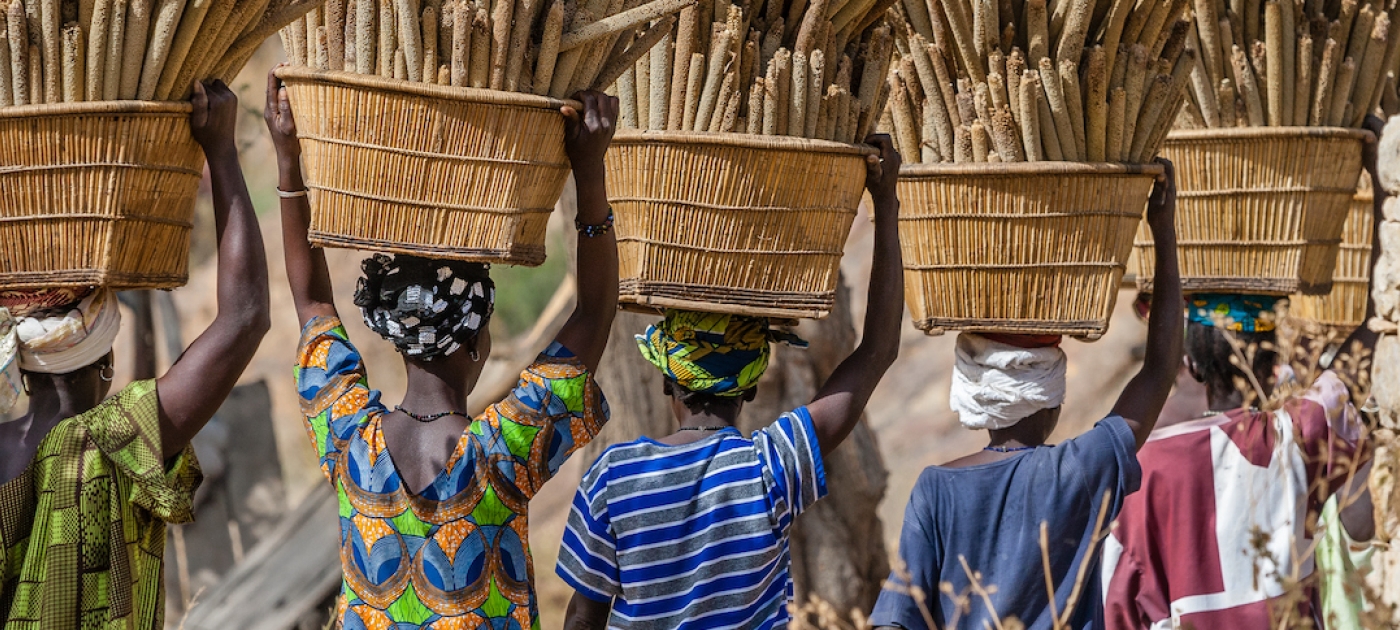
C3S: July 22 hottest day in recent history
July 22 was the hottest day on earth in recent history, according to the Copernicus ...

MaliCrop app for weather forecast has become a lifeline for farmers in drought-prone Mali in light of its developed data analysis and accurate information.
The app analyzes 10 years’ worth of data, which significantly increases the accuracy of forecasts, which are broadcast in French and several local languages. The project, which started in July 2021, regularly reaches over 110,000 people.
In Mali, home to 21 million people, farming employs about 75 percent of the population and is responsible for 50 percent of gross domestic product. But many farmers do not have access to accurate weather information, in part because of the lack of high-speed mobile internet.
“This app saves time in obtaining information,” said Daouda Diarra, who works with WeatherForce, the company that built MaliCrop. “It helps significantly in the decision-making process for the work on the farms.”
The MaliCrop app was developed with the support of the Climate Technology Centre and Network, which is hosted by the United Nations Environment Program (UNEP). The network helps developing countries use technology to contend with the climate crisis.
This work is becoming increasingly important. As UNEP research shows, unless humanity cuts its emissions of planet-warming greenhouse gases by 45 percent by 2030, it will leave itself open to more extreme weather, including droughts, floods and rising seas.
Despite contributing the least to the climate crisis, the world’s least developed countries, a grouping of 46 economies that includes Mali, are expected to suffer the most. In 2019, these states emitted 4 percent of the greenhouse gasses that are driving climate change. But in the last 50 years, they have been home to 69 per cent of all climate-related disaster deaths.
“Technology is critical to enable the least-developed countries to embrace sustainability, manage climate change, and become resilient,” said Rose Mwebaza, Director of the Climate Technology Centre and Network. “Projects like the one in Mali are vital to ensure the most vulnerable can react and adapt to climate change.”
July 22 was the hottest day on earth in recent history, according to the Copernicus ...
Google has engaged in partnership with DHL to utilize the DHL Express GoGreen Plus service ...
Mars has announced registering a record 8% greenhouse gas (GHG) emissions reduction against its 2015 ...


اترك تعليقا